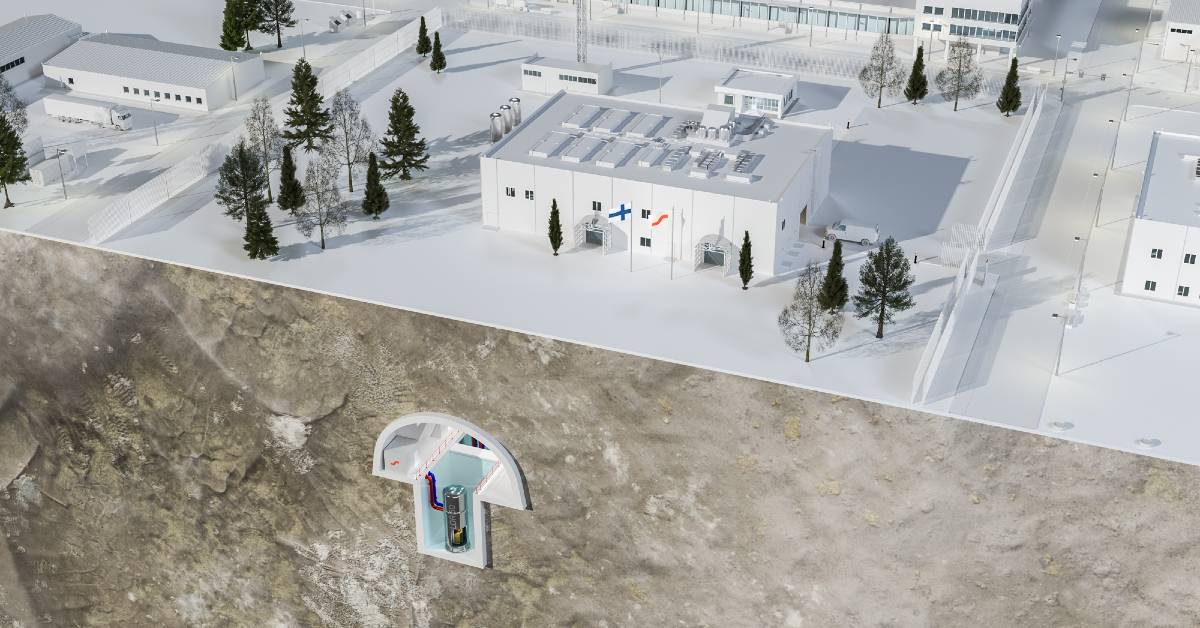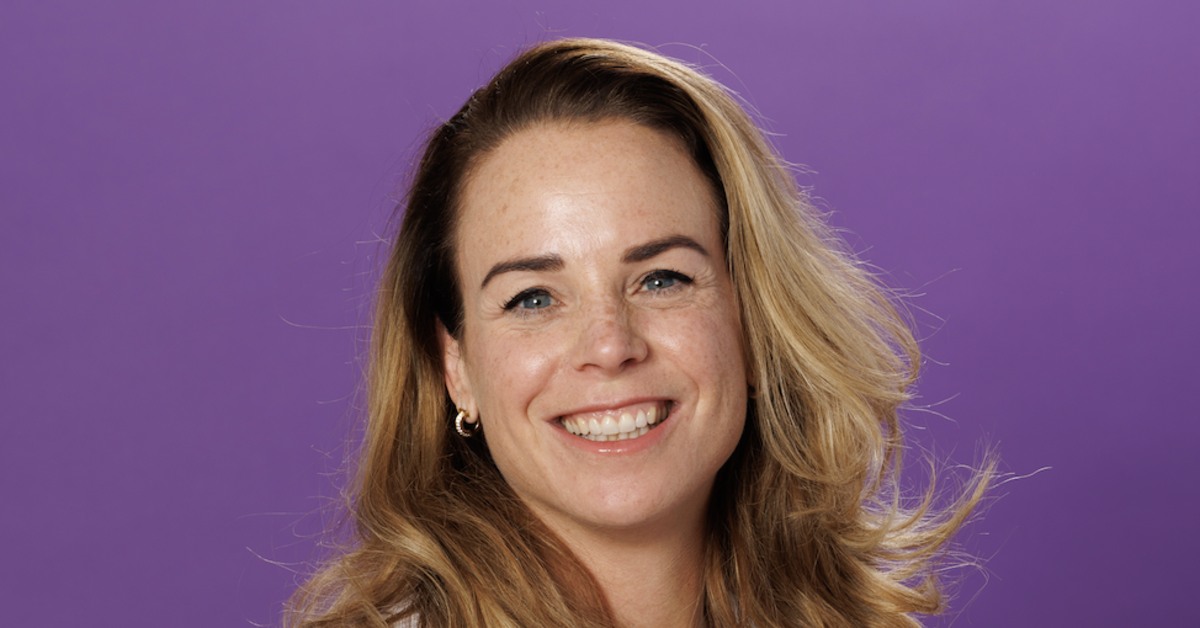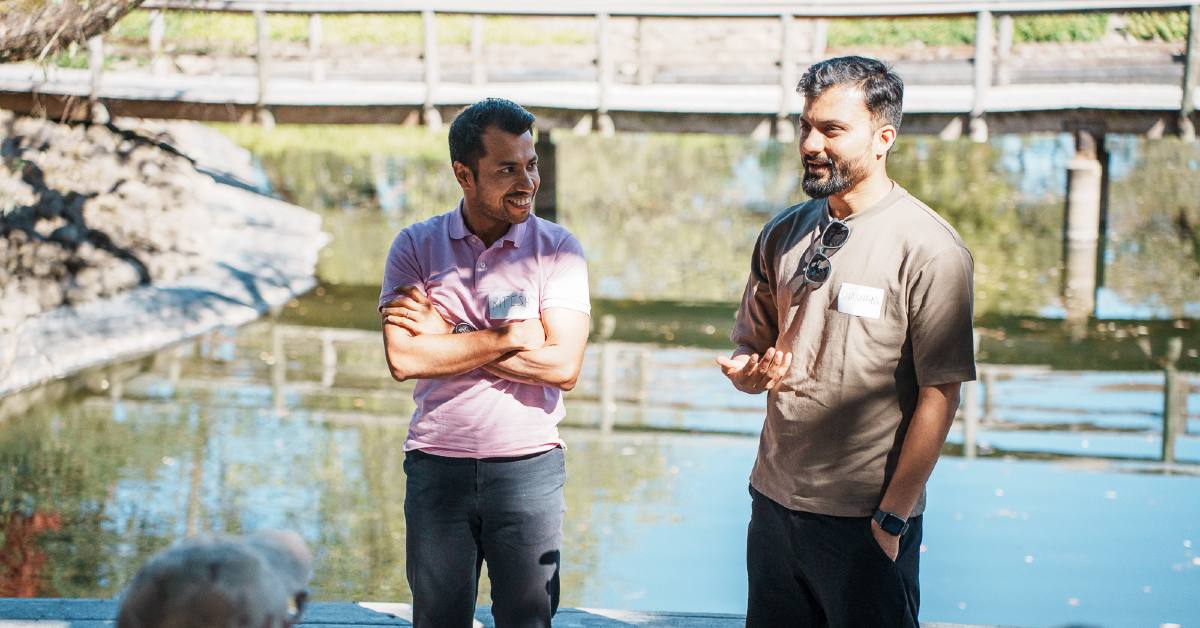London-based Scalpel AI, a medtech startup, has raised £3.8M (approximately €4.55M) in funding led by Mercia Ventures, with support from Tensor Ventures and private investors.
This investment will help Scalpel AI expand globally and implement its computer vision technology for tracking surgical tools and implants across the healthcare supply chain, including sterile services, hospitals, and logistics providers like GlobalMed Logistix.
Speaking about the investment in Scalpel AI, Lee Lindley of Mercia Ventures, says, “Ensuring that surgical trays contain the right equipment is essential for an effective healthcare system.”
“Existing solutions use simple mechanisms such as barcodes, RFID tags, and manual validation. Scalpel AI’s platform has the potential to transform how surgical trays are managed.”
“This investment will enable the company to scale internationally and pursue its goal of being recognised as the industry standard. We’re excited to be supporting Yesh and Shah on this journey.”
Making surgery safer
Mismanagement of equipment can be costly, delay surgeries, and harm patient outcomes, with common issues including missing tools, incorrect implants, and tools left inside patients. Staff shortages and long waitlists add to these challenges.
This is where Scalpel AI looks to make a difference.
Founded in 2017 by Dr. Yeshwanth Pulijala, Scalpel AI was created to address issues in managing surgical tools that can lead to serious mistakes in patient care. While pursuing his PhD in medical visualisation, Dr. Pulijala saw these problems firsthand.
He partnered with Dr. Shahnawaz Ahmed, an expert in computer vision systems, to build a team skilled in surgical workflows, healthcare logistics, and advanced AI.
Co-founder & CEO, Dr Pulijala, says, “The success of any surgery depends not only on what happens inside the operating theatre but also on having a smooth-running operation behind the scenes. At Scalpel AI, we work with leading medical device companies and healthcare organisations to transform their logistical supply chain and reduce costs by millions of dollars.”
“Together, we are making surgery safer for patients while paving the way for personalised surgery, which we believe is the future of healthcare.”
Scalpel AI uses computer vision and machine learning to track and manage surgical instruments, creating a digital version of each tool as it moves from warehouses to operating rooms and back.
This technology checks that surgical trays have the correct equipment before they reach the operating room.
Dr Ahmed, co-founder and CTO, adds, “Building Scalpel’s platform has been exciting and demanding. We’ve tackled the initial difficulties of introducing advanced technology in a manual environment, closely collaborating with users to create a solution that fits their needs.”
“Using proprietary AI algorithms and advanced computer vision, we demonstrated that Scalpel AI can eliminate supply chain errors and reduce handling time by over 80 per cent. This allows medical device reps to focus on patient care. I’m proud of our team’s dedication and hard work in making Scalpel’s vision a reality.”
Scalpel AI aims to improve patient safety and set a high standard in surgical logistics. Currently, the company operates from London and also has a presence in the US.










01
From telecom veteran to Dutch Startup Visa success: The Jignesh Dave story